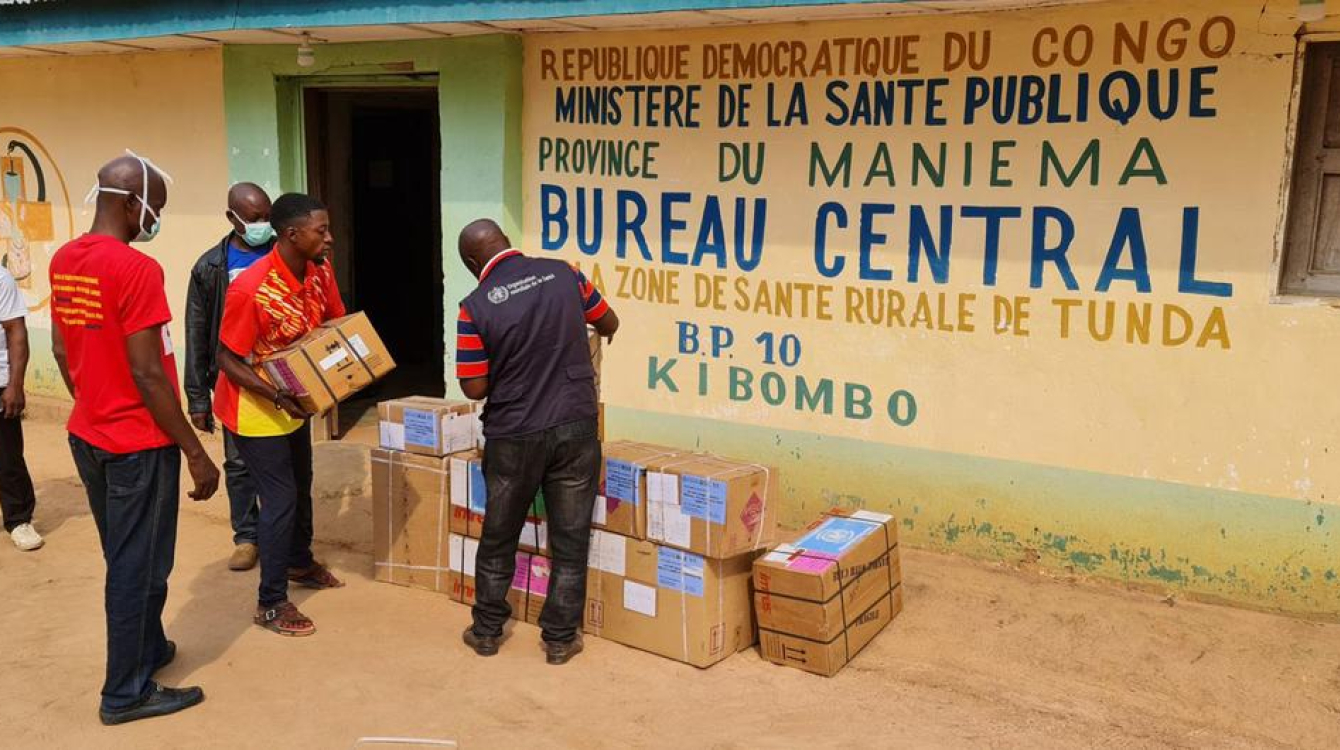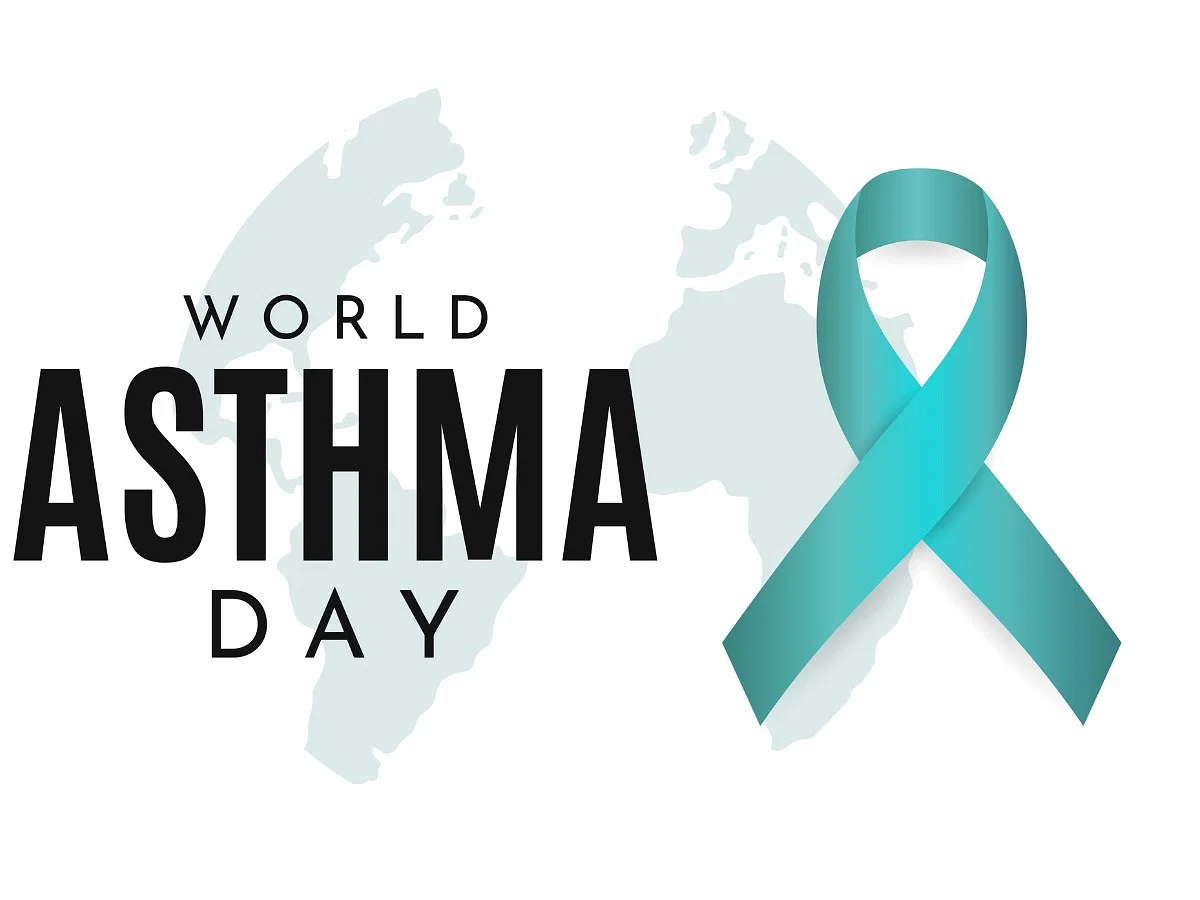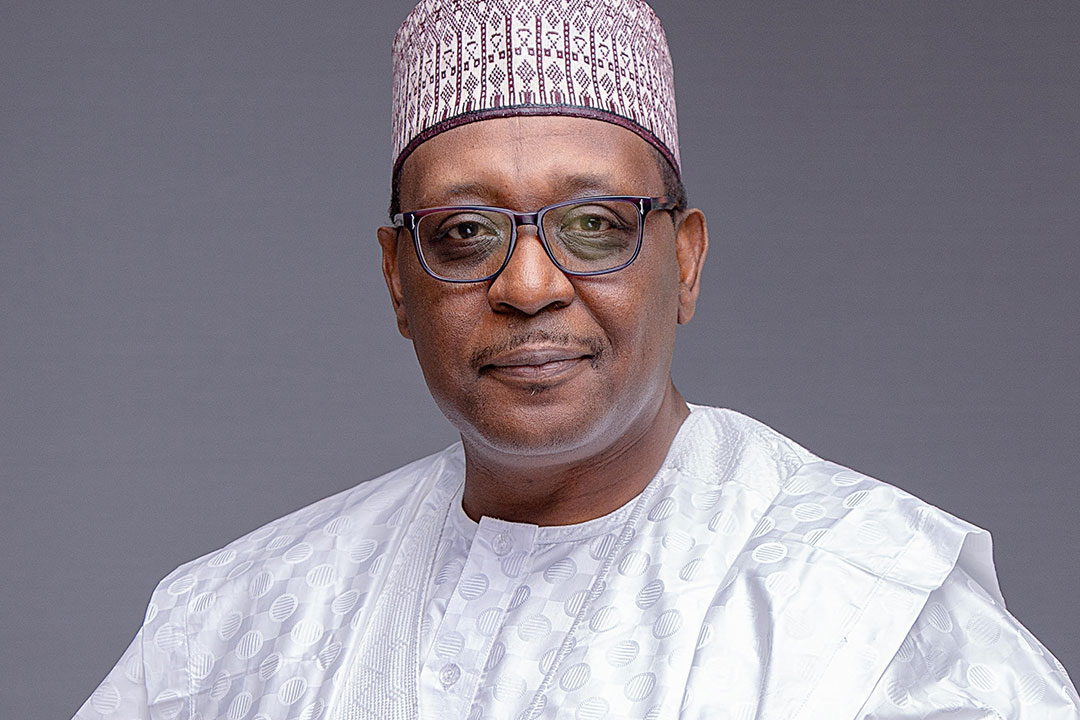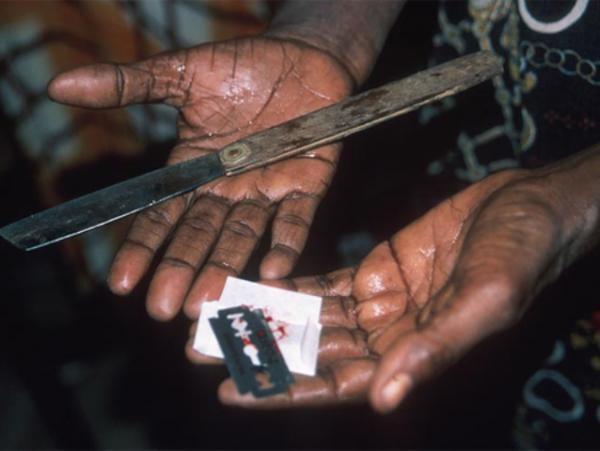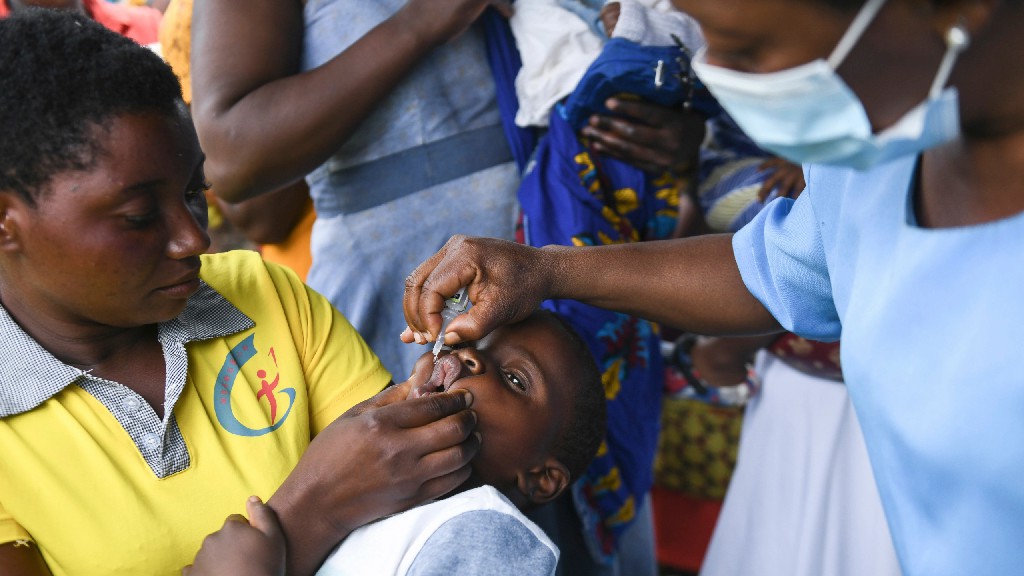Dr. Walter Kazadi-Mulombo, the Country Director of the World Health Organisation (WHO), has expressed concern that with only six years remaining until 2030, Nigeria is not on track to meet its health-related Sustainable Development Goals (SDGs), particularly those aimed at reducing maternal and child mortality. He emphasized that Nigeria is also far from ending epidemics and premature deaths caused by non-communicable diseases such as tuberculosis, malaria, and tropical diseases.
Speaking at the maternal health policy dialogue titled “Scaling Maternal Health Innovations in Nigeria: Learning, Challenges, and Opportunities,” organized by Nigeria Health Watch in Abuja, Dr. Kazadi-Mulombo painted a grim picture of maternal mortality in Nigeria. Despite annual commitments to accelerating progress on reducing maternal, newborn, and child mortality since 2015, the outlook remains bleak.
Dr. Kazadi-Mulombo highlighted that an analysis of key interventions in sexual, reproductive, maternal, newborn, and child health, using data from 136 low- and middle-income countries from 2017 to 2022, shows that universal coverage for these interventions is still far from being achieved. Significant gaps exist in family planning services, exclusive breastfeeding, and treatment for childhood illnesses. He called for a radical reorientation of health system interventions toward a primary care approach and addressing shortages in the health and care workforce.
He emphasized the need for essential people-centered health services that are of good quality, accessible without financial hardship, and public health functions that enable communities to detect and respond to outbreaks early. Dr. Kazadi-Mulombo stressed that maternal mortality is not just a health issue and called for collective action from civil society, non-state actors, and communities to support government efforts in accelerating progress towards ending preventable maternal mortality and reducing other unnecessary deaths.
Vivianne Ihekweazu, Managing Director of Nigeria Health Watch, pointed out that deaths of women from pregnancy and childbirth-related causes are often dismissed as a women’s issue, although they are critical population and citizen issues. She highlighted that the attention a country gives to maternal health reflects its value for its citizens. Ihekweazu called for more male champions who recognize that access to quality maternal health care should be a right, not a privilege, ensuring that every woman, regardless of her location or economic status, has access to quality health care.
She noted that maternal health deaths in Nigeria are alarming and increasing, necessitating urgent awareness about successful maternal health innovations, policy recommendations, and actionable steps to scale these innovations to improve maternal health care outcomes in Nigeria.
Dr. Salma Ibrahim Anas, Special Advisor to the President on Health, reaffirmed the Federal Government’s commitment to reducing maternal deaths as part of President Bola Tinubu’s Renewed Hope Health Agenda. She outlined ambitious targets to reduce the total fertility rate by 20% and the neonatal mortality rate by 40% in the next few years. Dr. Anas acknowledged the inequities in services but assured ongoing efforts to correct these through the Basic Care Fund and engaging with sub-national levels to invest more in financial protection and safety nets for women and vulnerable children.





